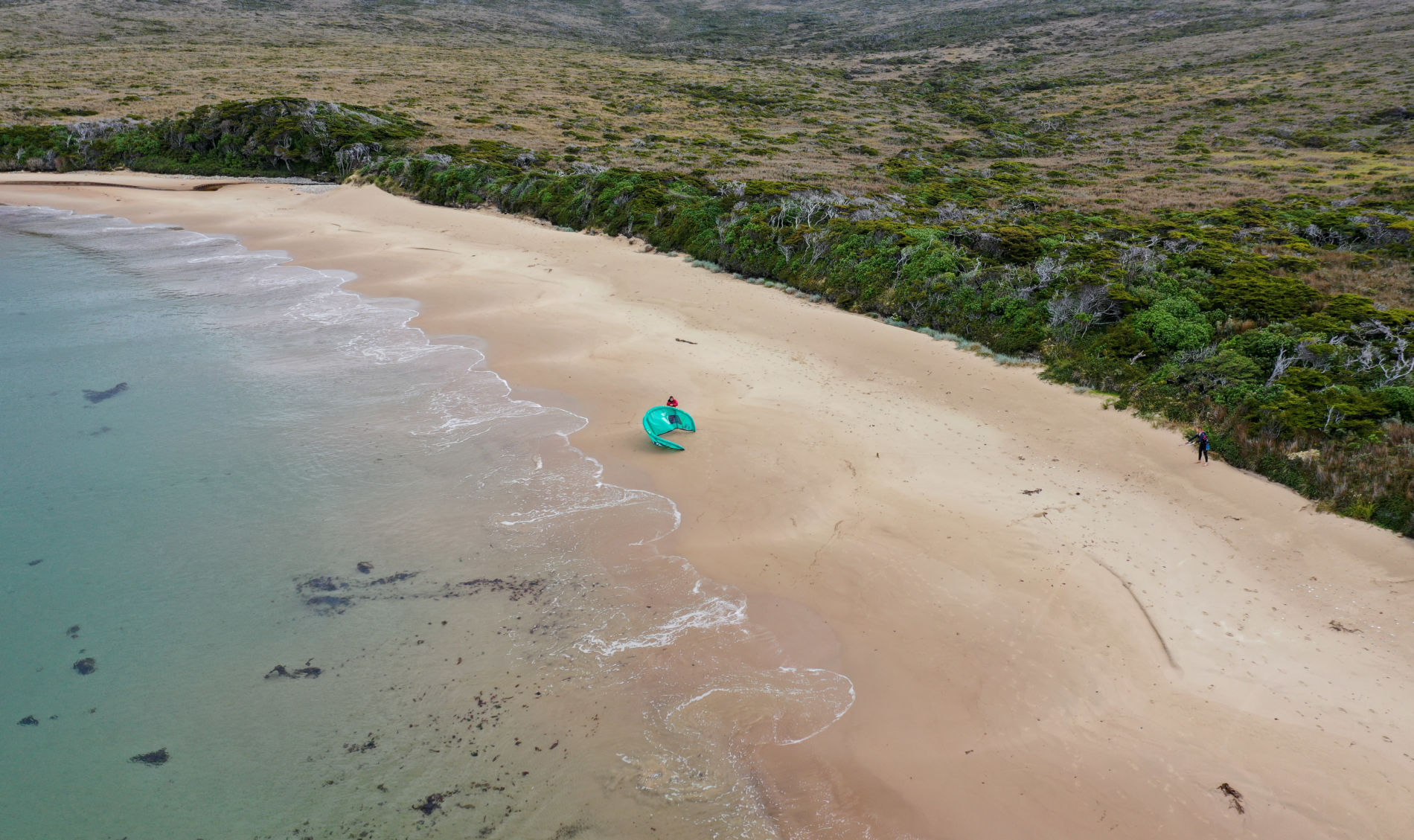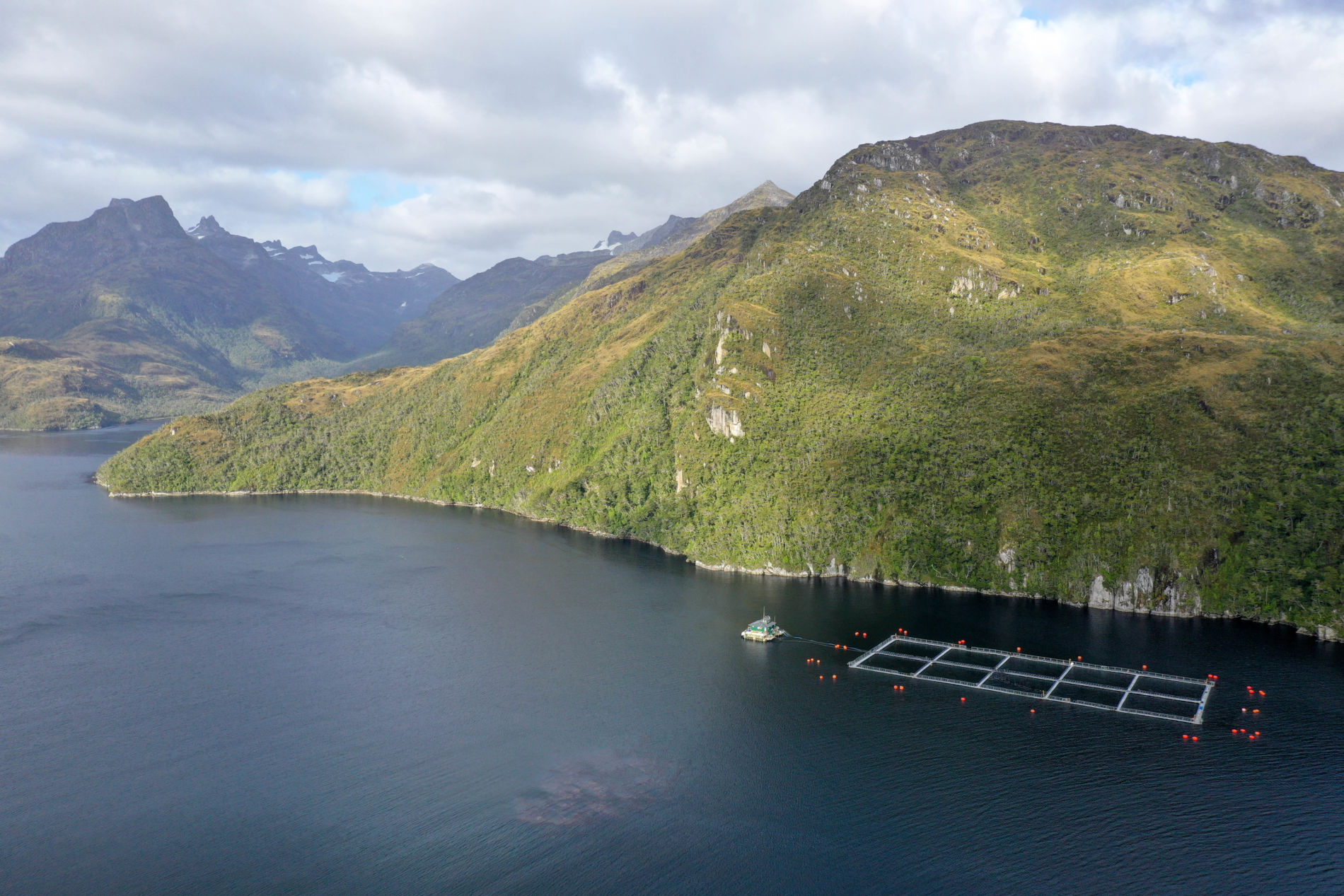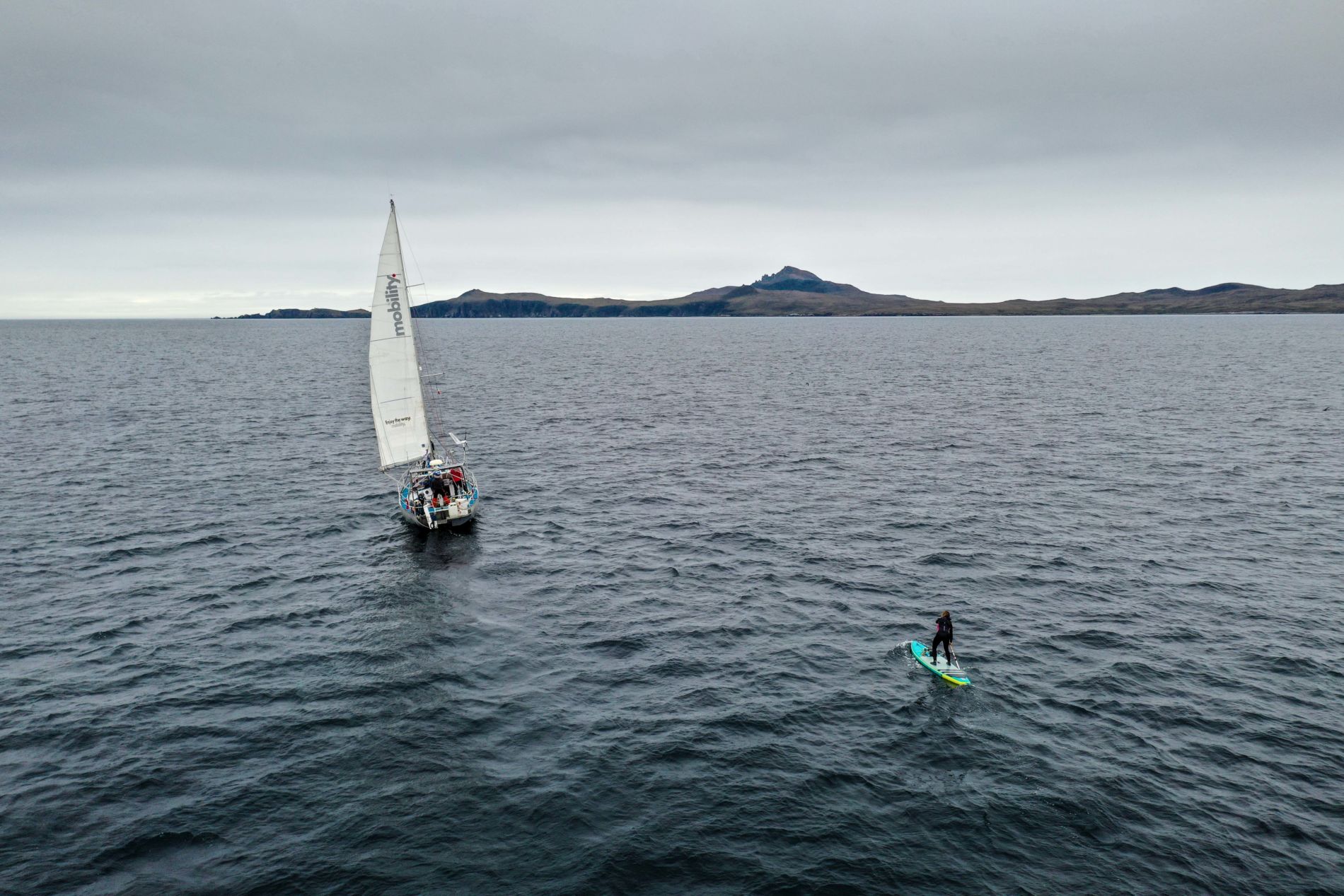Patagonia: our ancestors knew how to adapt to an extreme climate at the World’s end
A recent study shows that the aboriginal people from the Magallanes region in the southern tip of South America had already developed a high level of adaptability to cope with the frequent climate changes of the region.
A community following the rhythms of the environment
A French-Chilean team of scientists has been studying how the first inhabitants of the strait of Magellan –like the Yaghan, Kaweskar et Selk’nam communities- adapted to the ecological changes in their environment.
The research methodology? Excavating heaps of domestic waste (bones, utensils, fossils etc.) to study the food habits, in particular in relation to fishing, of the Patagons lived throughout the Holocene period.
The results show that these communities lived following seasonal patterns to survive the harsh weather conditions. They changed their nutrition based on temperature levels and changing water currents. The diversity of fish bones found in archaeological sites suggests a great capacity to adapt and make the most out of one of the most extreme places to live on Earth.
Moreover, using their navigation skills, these nomadic peoples established numerous bases they could install themselves in across Patagonia’s narrow fjords. Interestingly, the scientists working on the research project are working with the local aboriginal communities to compare the excavated DNA samples retrieved from the teeth of skeletons with the living descendants of the region’s first inhabitants.
Marine diversity at risk
Despite the harsh weather conditions, Patagonia hosts an incredibly rich biodiversity and ecological systems. The particular currents and fjords, in particular, are the home of a diversity of endemic fish and bird species.
Today, all this is under threat because of intensive salmon fish farms. Salmons are endemic of the Atlantic ocean, not the Pacific. The millions of salmons farmed in Patagonia require huge amounts of oxygen to survive, which leads to other fish in the area dying of asphyxiation.
Our Testimony
This is why during our expedition in Patagonia we were surprised to see so little fish (and not be able to fish anything ourselves!) and birds, which logically move elsewhere if they are left without food sources.
We also witnessed the social ramification of this issue. We met with local indigenous leaders who mobilised against the construction of fish farms and are campaigning to ban intensive salmon farms in Patagonia. We are currently producing a documentary to share the environmental and social issues created by this overexploitation of the region’s natural resources. We hope to play our part in educating the wider public about these problems and the local solutions employed by aboriginal people, who do not want to stand-by and watch as their ancestral lands are being overexploited for the economic gains of a few.
Photo credit: Huella.cl
See also
While the adventure in Tierra del Fuego ended just a few weeks ago, let’s take a look back on the highlights of this epic journey. Joining the Maewan sailboat and ... Explore
Explore
Once upon a fabulous Patagonian adventure
 Explore
Explore
Fancy a bite of salmon? An insight into the sanitary and environmental disasters caused by aquaculture
 Explore
Explore
